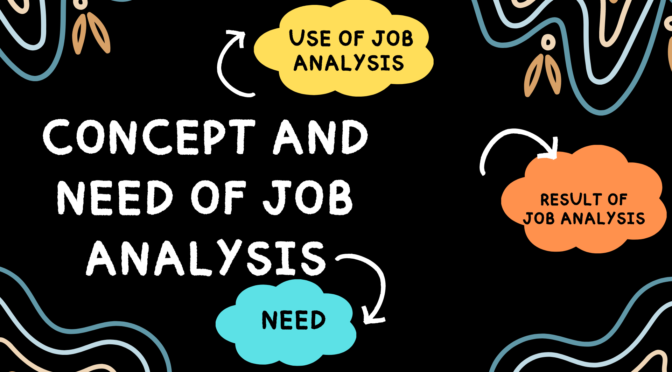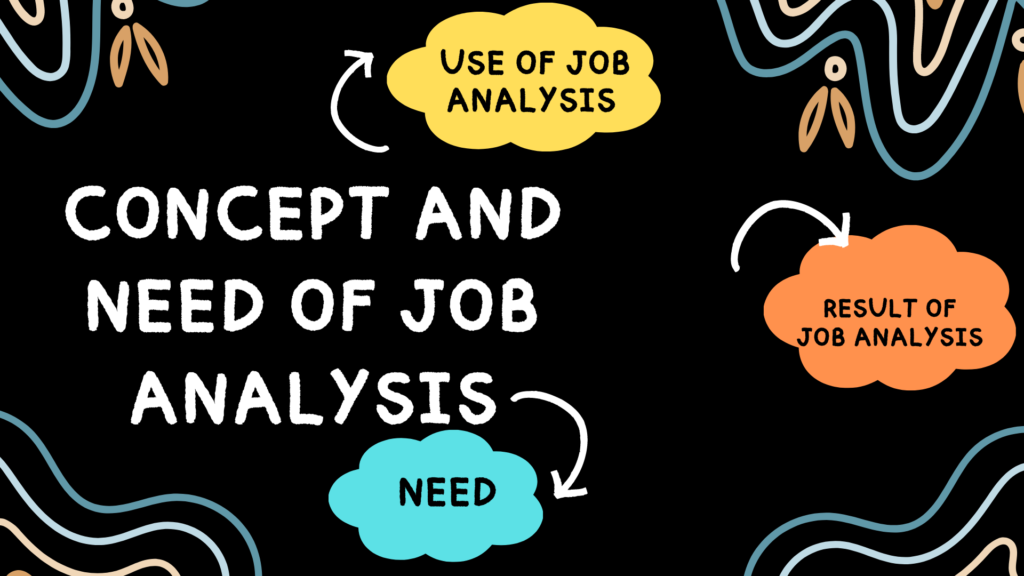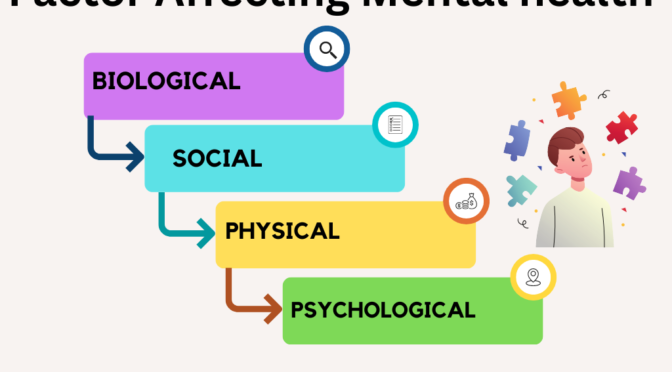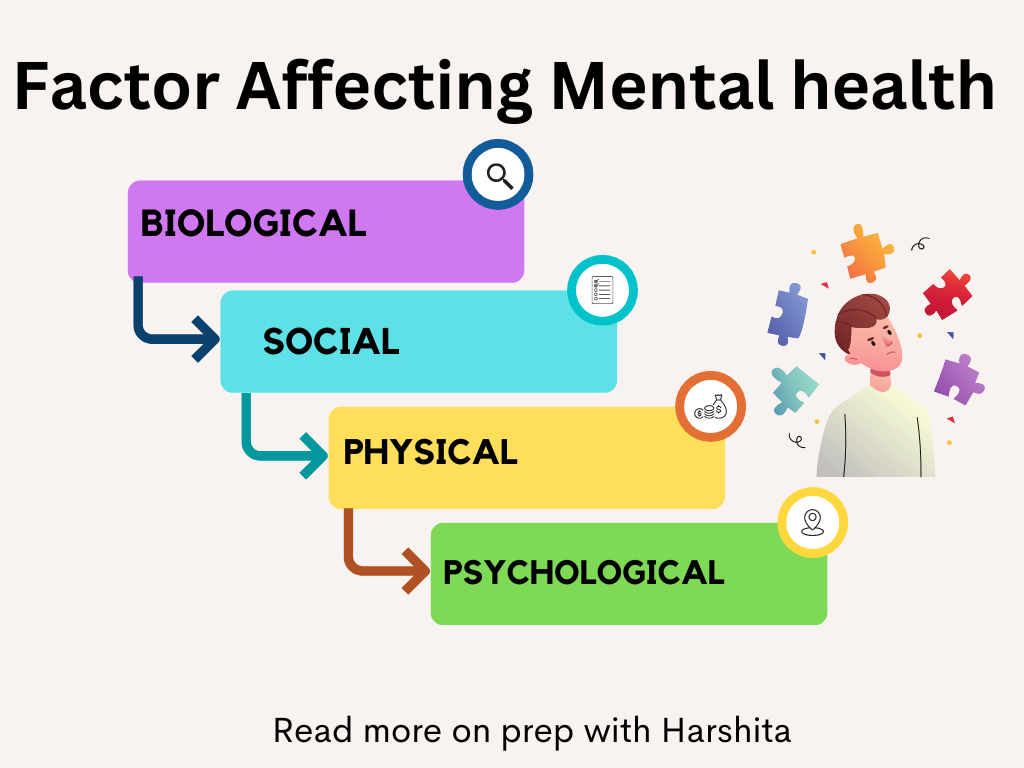Job analysis and job satisfaction are two important concepts in the field of industrial and organizational psychology. Job analysis refers to the process of gathering information about a job, while job satisfaction refers to an individual’s positive or negative emotional state with respect to their job.
The relationship between job analysis and job satisfaction can be described as follows:
- Job analysis can help identify factors that may affect job satisfaction: By analyzing a job, an organization can identify the tasks, responsibilities, and working conditions associated with the job. This information can be used to identify factors that may affect job satisfaction, such as workload, working hours, and work environment.
- Job analysis can help design jobs that are more satisfying: Based on the information gathered through job analysis, an organization can design jobs that are more satisfying to employees. For example, if job analysis reveals that a particular task is particularly disliked by employees, the organization may consider reassigning that task or finding ways to make it more enjoyable.
- Job satisfaction can be used as a measure of job analysis success: If job analysis is done well, the result should be jobs that are more satisfying to employees. Therefore, job satisfaction can be used as a measure of the success of job analysis. If employees are more satisfied with their jobs after changes have been made based on job analysis, it can be concluded that the job analysis was successful.
- Job analysis can be used to identify training needs: By analyzing a job, an organization can identify the knowledge, skills, and abilities required to perform the job effectively. This information can be used to develop training programs that can help employees develop the necessary competencies, which in turn can lead to increased job satisfaction.
In summary, job analysis and job satisfaction are closely related. By analyzing jobs, organizations can identify factors that affect job satisfaction and design jobs that are more satisfying to employees. Additionally, job satisfaction can be used as a measure of the success of job analysis, and job analysis can be used to identify training needs that can lead to increased job satisfaction.
Also Visit : Prep with Harshita

Also Read : Ethics of a Counselor









